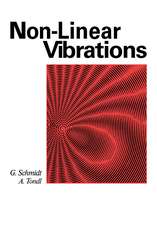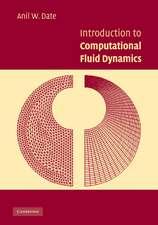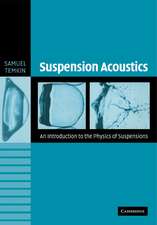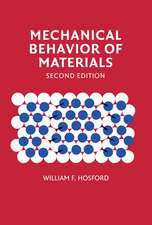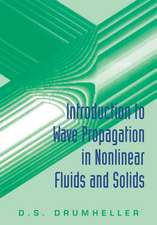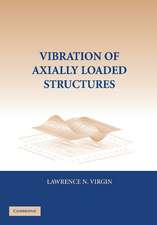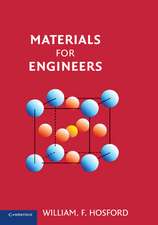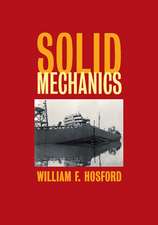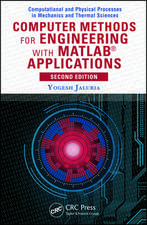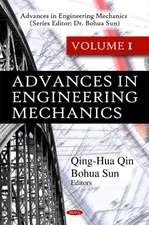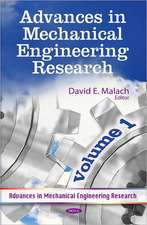Fundamentals of Engineering Plasticity
Autor William F. Hosforden Limba Engleză Hardback – 21 iul 2013
Preț: 385.77 lei
Nou
Puncte Express: 579
Preț estimativ în valută:
73.83€ • 76.79$ • 60.95£
73.83€ • 76.79$ • 60.95£
Carte tipărită la comandă
Livrare economică 14-28 aprilie
Preluare comenzi: 021 569.72.76
Specificații
ISBN-13: 9781107037557
ISBN-10: 1107037557
Pagini: 276
Ilustrații: 230 b/w illus.
Dimensiuni: 156 x 235 x 20 mm
Greutate: 0.54 kg
Ediția:New.
Editura: Cambridge University Press
Colecția Cambridge University Press
Locul publicării:New York, United States
ISBN-10: 1107037557
Pagini: 276
Ilustrații: 230 b/w illus.
Dimensiuni: 156 x 235 x 20 mm
Greutate: 0.54 kg
Ediția:New.
Editura: Cambridge University Press
Colecția Cambridge University Press
Locul publicării:New York, United States
Cuprins
1. An overview of the history of plasticity theory; 2. Yielding; 3. Stress and strain; 4. Isotropic yield criteria; 5. Bounding theorems and work principles; 6. Slip-line field theory; 7. Anisotropic plasticity; 8. Slip and dislocations; 9. Taylor and Bishop and Hill models; 10. Pencil glide calculations of yield loci; 11. Mechanical twinning and Martensitic shear; 12. Effects of strain hardening and strain-rate dependence; 13. Defect analysis; 14. Effects of pressure and sign of stress state; 15. Lower bound analysis; 16. Plasticity tests.
Notă biografică
Descriere
Ideal for those involved in designing sheet metal forming processes, where the understanding of advances in plasticity theory is essential.


